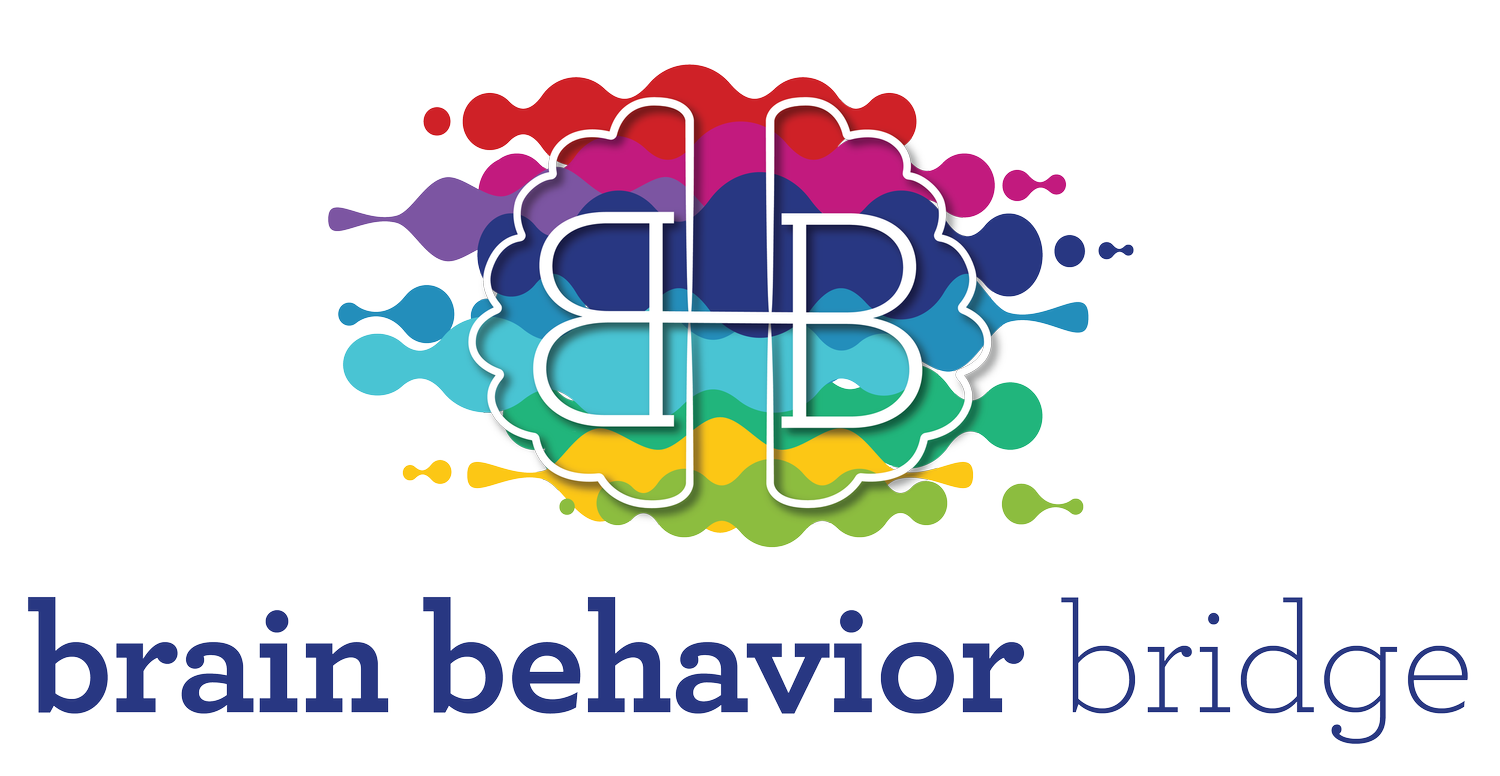Brain Basics
I’ve talked a whole lot about seeing our kiddos as little brains. But what is a brain? We don’t have to be a neuroscientist to understand the brain! We just need to understand the most relevant parts of the brain and how they function as it relates to parenting. I’ve given them names to make brain science easier to remember (and let's be honest, just plain fun!).
The Frontal Lobe (Fronnie)
Fronnie is the regulation center of the brain. Think of it as the administrative assistant of the brain. It is responsible for starting and completing tasks, making decisions, checking and controlling your emotions, deciding what to do first and deciding what not to do.
The Amygdala (Amy G)
Amy G is the emotional center of the brain. It regulates emotions and helps determine what we’re going to remember. The more emotionally-charged the situation or information, the more likely your brain remembers it. Amy G is perhaps best known as the part of the brain responsible for the “flight, fight, or freeze” response.
The Hippocampus (Hip the Hippo)
Hip is the storage center for memories. Hip and Amy G are neighbors and BFFs. They combine forces when we learn. Memories, emotions, and learning go hand in hand. Hip is also where short term memories are converted into permanent memories.
The Basal Ganglia (Mr. BG)
Mr. BG is our best trick for helping our kids become for efficient! It is responsible for motor control and motor learning and is responsible of automatic responding. You know the saying “It’s like riding a bike?” This is where you just automatically remember how to move your body without thinking, for example when you’re walking or driving. Mr. BG thrives on routine and loves when things are controlled, consistent, and routinized.
Brain Basics
My aim in sharing these brain basics with you is so you can start thinking a lot more about your child’s brain and what it needs to learn. When you shift your mindset from “Johnny is so emotional today” to “Amy G is really acting up today," you are moving from a fixed mindset to a growth mindset. Because you're now thinking about what’s happening inside Johnny’s brain, you’re automatically wearing your scientist hat, which reminds you to stay curious about what’s happening with Johnny rather than jumping to blame or responding from emotion yourself.
Understanding these basics can have a profound effect on the way you parent.
